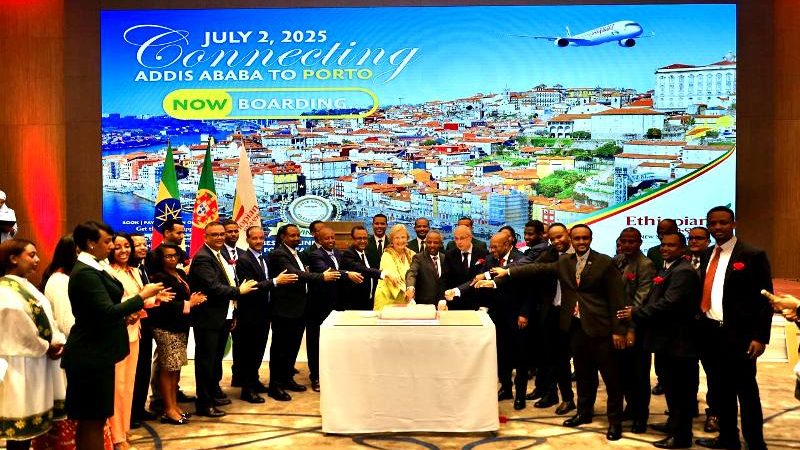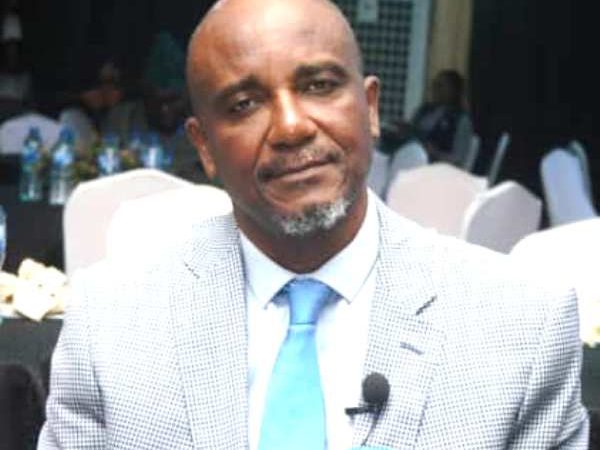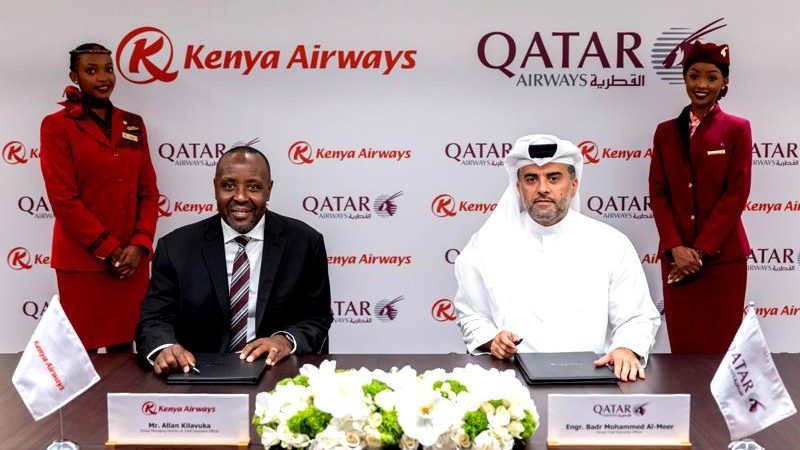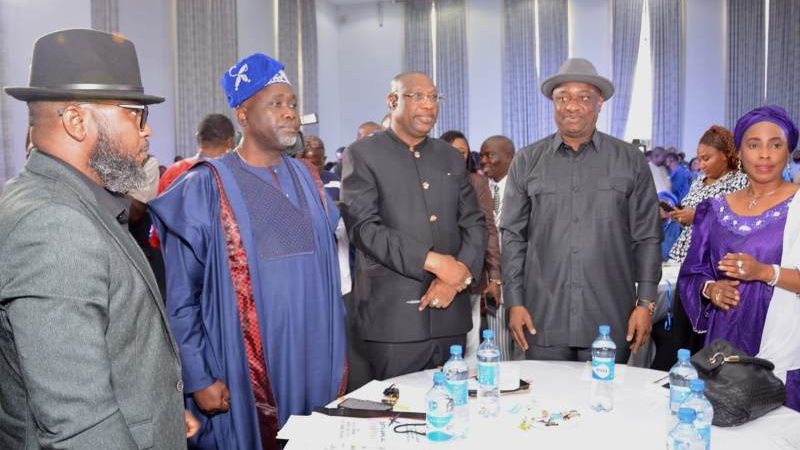Jet A1 Issues, MRO: What Government Can Do To Help, By Caulcrick
The former Rector of Nigerian College of Aviation Technology (NCAT), Zaria, Capt. Samuel Caulcrick has suggested possible measures that government can take to help local airlines tackle the recurring operational disruptions that result from Jet A1 related issues.
He said: “When it comes to Jet A1, the government doesn’t want to get involved, but I think the government should get involved in Jet A1, not as an importer. The government has Jet A1 reserve for the Air Force because of security. So, the Air Force cannot rely on suppliers for Jet A1 to fly their jets. Government should be able to look into that reserve at times to save the commercial sector especially when the scarcity of the product is alarming or if there is a price hike and the government wants to subsidize it.
The government can call the fuel marketers and buy the product off them and sell at subsidized rate for the airlines. This is necessary because the government is taking money back from every airline that flies because the airlines are paying charges.
Definitely with this, the government would make its money back because if they don’t fly, the government cannot make money. For every hour the airlines fly, the government gets some money too, which would have been zero if they don’t fly. So, the government has to be very flexible.”
Caulcrick also made a case for indigenous MRO, stating that “taking the business of MRO to foreign countries amounts to “creating business for those countries when we were the one that created the business. So, it is better to let it stay within the economy. That is one argument by which the MRO supports the economy. So, this economy should not lose to other economies after creating that business.
Also, MRO supports the naira in the pockets of everyone of us. Once the aircraft is taken out, there is the cost of labour that would be paid by the airline. Instead of the airlines to save that naira it earned in Nigeria, the airlines go to the foreign exchange market and start looking for dollars. The manpower too is no longer local and the airlines go to the foreign exchange market, looking for dollars, thereby further putting additional pressure on naira. This affects our economy and the Nigerian market.
Now, let us look at the personnel themselves; being a formal employment, that means it is Pay As You Earn (PAYE). This means locating the MRO in Nigeria, the government earns personnel tax, which another country would now earn. This is why the MRO is very key to any economy.
The MRO is a regulated environment. It means the way they will do it in Washington, UK, France, Accra and others, it is the same way they will do it here because in aviation, we do everything according to the books. Regulatory body must supervise that maintenance. So, when it comes to quality, it doesn’t matter where that maintenance is carried out. It would be according to what the manufacturer and ICAO stipulated.”
“Then, you don’t have to pay for fuel to ferry the aircraft to and fro, which you were going to buy in dollars. So, those are the advantages,” he added, noting that Nigeria is losing taxes that are being paid to foreign countries instead of Nigeria and the money that is going to change into dollars from the naira.
To create an enabling environment for MRO investors, he advocates that “this can be done through policy. For instance, NCAA can say it would not renew an existing AOC or issue an AOC to an intending operator without a local MRO identified in the application form. The government can give them a timeline because this could take up to three years to accomplish.
Once you do that, just leave the rest to the private investors because they know there is an investment created for them. Once an investor knows that his business is being protected, then, they will be willing to invest in the industry. They can then approach a bank to seek for loan. That is how you create a market. You create a market through policy. A policy will naturally create a market. That is how China developed. It’s through policy and law.”
He commended the government for relieve “the operators on the exception of custom duties on the importation of aircraft and spare parts. That is a huge success.”







